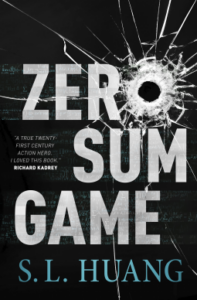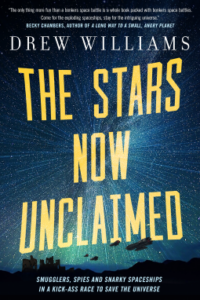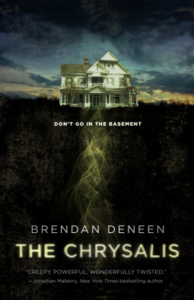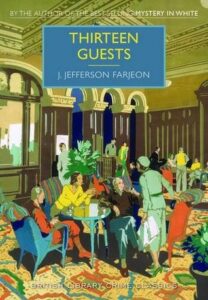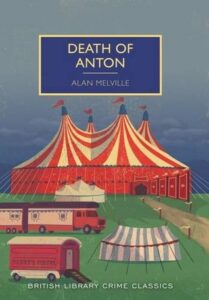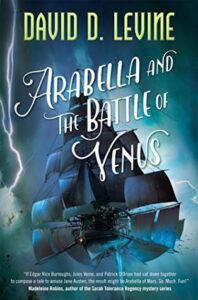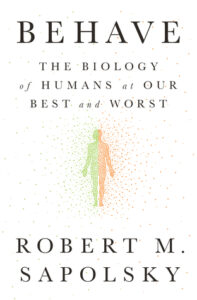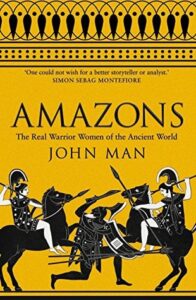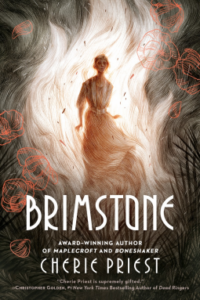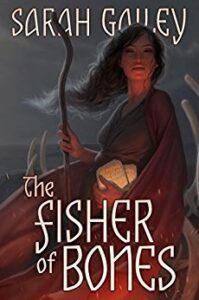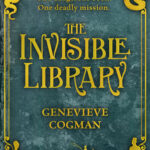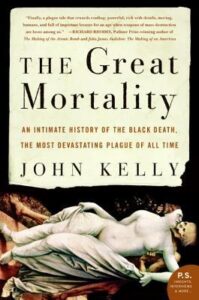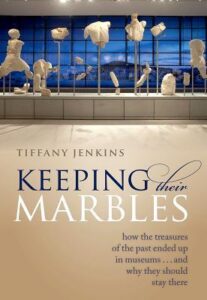 Keeping Their Marbles, Tiffany Jenkins
Keeping Their Marbles, Tiffany Jenkins
Argh, this book gives me such mixed feelings. Tiffany Jenkins is an unabashed supporter of keeping the Elgin Marbles, and many other items in collections like that of the British Museum which come from other countries. She lays out several arguments for this, including the fact that some of these items would have been destroyed if they weren’t in the UK, either now or when they were first collected. She also argues that no contemporary culture can really claim direct descent from the people whose artefacts and remains are now displayed, and that the British Museum (or insert other museum with a comparable collection here) is an ideal place to study and understand these artefacts. The British Museum, she points out, allows you to see objects in their historical context, and make connections between them.
She also argues that some of these items were legitimately bought or obtained originally, so that should still hold now — even if those sales were forced by the poverty of the people in question, by colonial pressure, etc, etc. That’s such a weak argument, I just dismissed it straight away: how can we know those choices were really free choices, now? Best to assume they were not, and accept whatever moral obligation that puts us under. We’ll be right more than half the time, I would guess.
Jenkins is notably particularly against returning bodies to their putative modern equivalent cultures, because of the loss of scientific data that entails — that, she argues, is more important than the fate of bodies whose former owners surely don’t care about it now! I find this a callous and dismissive point of view, because it demands that everyone else see the world the way she does, and ascribe no value to physical remains. She wants to totally disregard what people may have intended in having their bodies interred in particular ways: science is all. And I’m not with her on that; personally, I don’t think it’ll matter to me what happens to my body once I’m dead, but I’d fight you if you wanted to exhume my grandfather without my family’s permission for an indefinite period of time, even for science, and even more so if you wanted to display his remains. They’re human remains: I think we lose something of our respect for the living when we fail to remember that the dead were once alive and had their own wishes.
I don’t disagree with some of the goods Jenkins ascribes to museum collections, though. There is a scientific value in the remains and artefacts from long ago, and particularly in fields I’m very interested in myself, genetics and the history of disease. In the end, is that worth more than people? Not to me — but I feel that me and Jenkins would be at an impasse on this anyway, since I’m sure she would argue no disrespect is intended, no judgement of worth inherent in the decision.
I love museums, I do. I’m glad I’ve seen the real Rosetta stone, the real statues of dead kings, the actual cups or plates or coins that someone used long ago. Replicas and facsimiles aren’t the same in terms of their emotional impact. But still… there are people who are closer kin to the long-dead artisans and craftsmen who made all those items or were buried with them, and they deserve a chance to have that feeling too, in Greece or wherever else.
So I come to no conclusion on repatriation. Probably it’s something that should be considered on an individual basis, with careful evaluation of all the facts, with one exchange not necessarily setting precedent for another. These are discussions we need to have.
(Don’t ask me about the exhibition of dead bodies of whatever degree of antiquity, unless you want an impassioned and incoherent rant. I’m profoundly uncomfortable at the display of people who died in pain and confusion, such as the casts of bodies from Pompeii; to me, it’s an intrusion, and tourism a sick excuse.)
All in all, this is an interesting read: I don’t agree with Jenkins, and I feel that some of her arguments tend to the insensitive (just as probably some people think that my concern for people of other cultures in the face of scientific facts is just my bleeding heart liberalism speaking), but it’s worth reading even if you expect to disagree. Honestly, I went in wanting her to convince me we should keep the Elgin Marbles and everything else, for selfish reasons, but left the book feeling that it really would just be selfishness, with no better reasons winning out.
Rating: 3/5
 Seven Dead, J. Jefferson Farjeon
Seven Dead, J. Jefferson Farjeon



